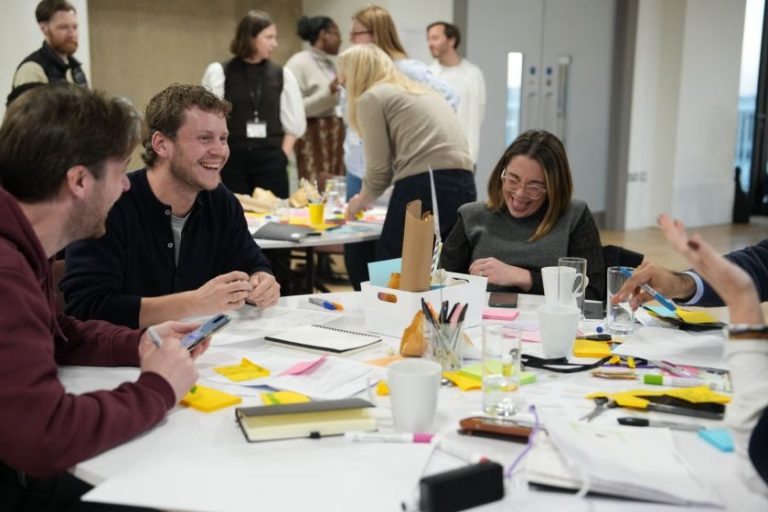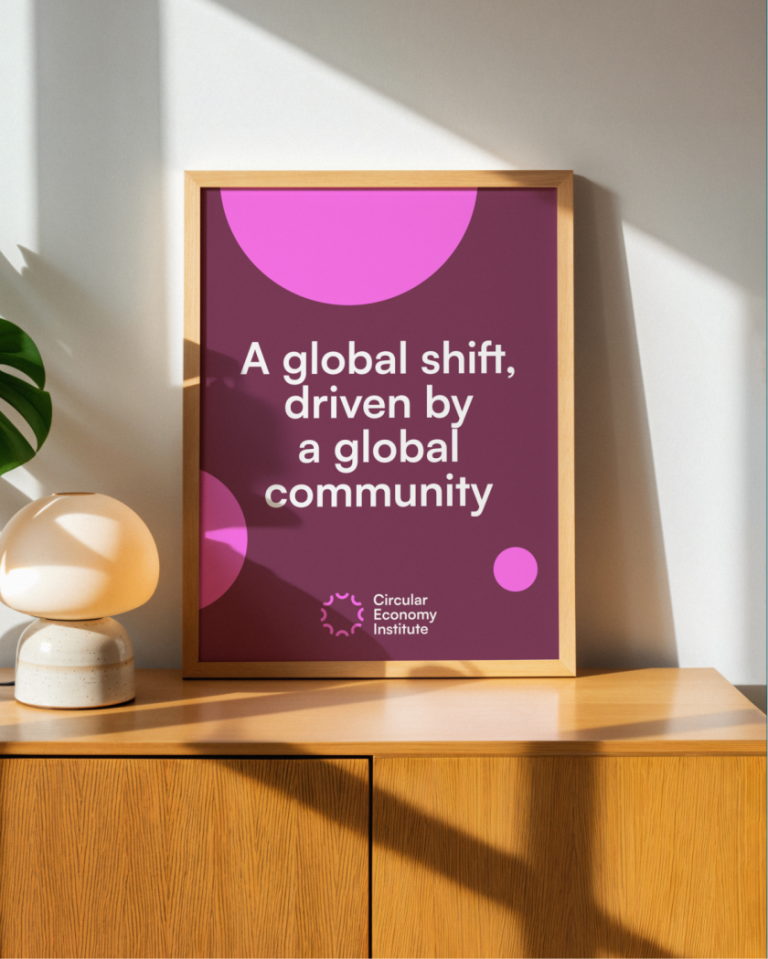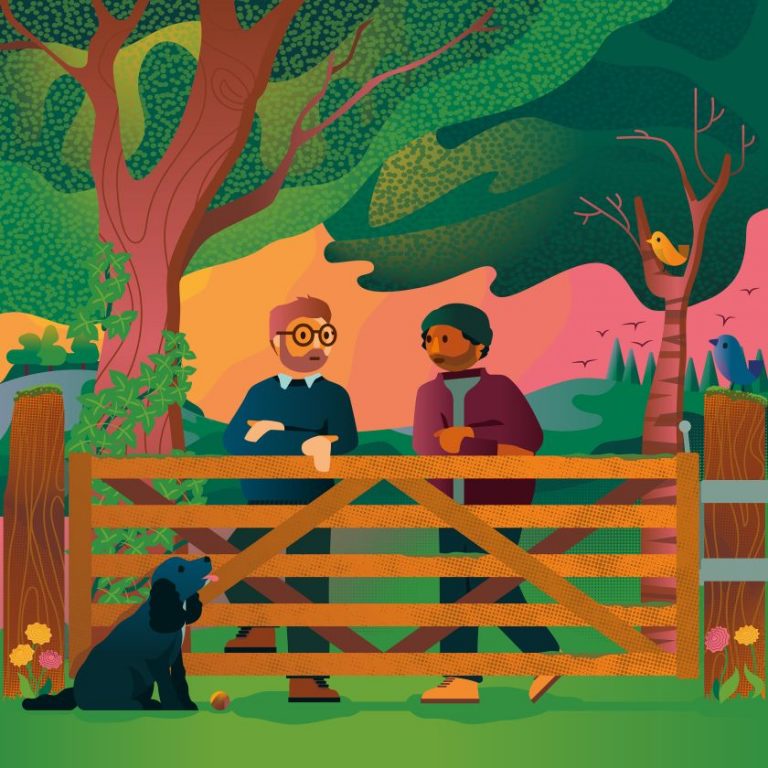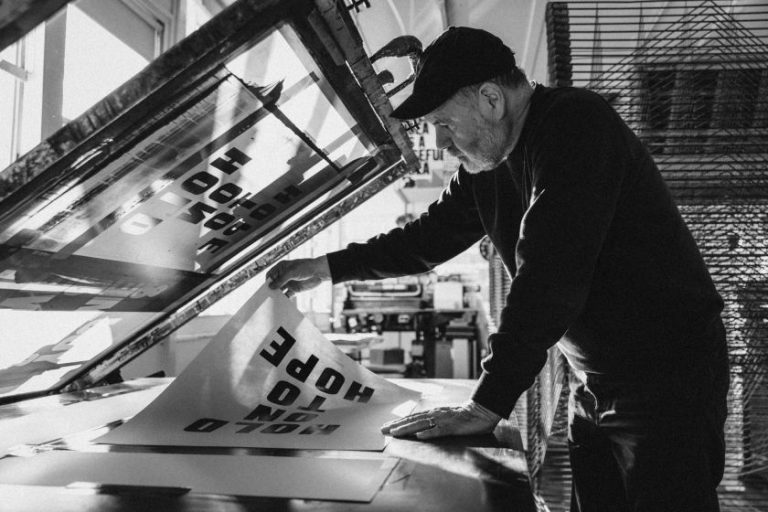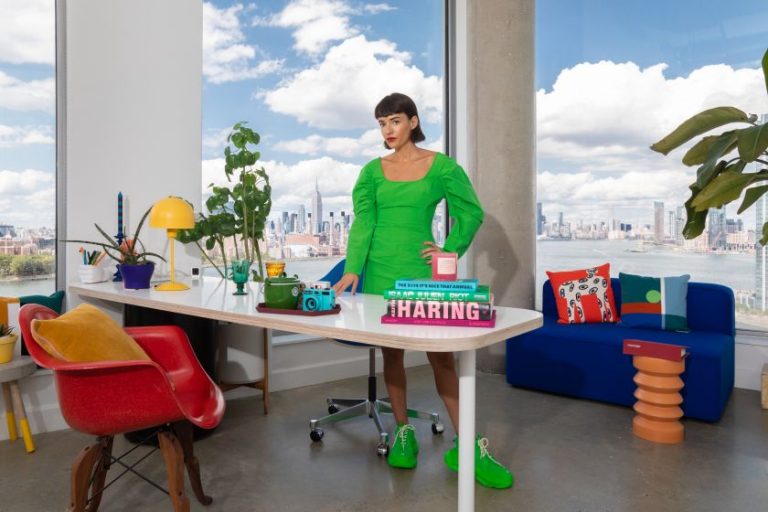Developed by Montreal-based studios Six Cinquième and Never Was Average, this human-centred framework offers a timely and practical way for design professionals to embed equity, empathy and humility into their everyday practice.
In a time when much of the creative industry is quietly retreating from the promises made in 2020, a group of Montreal-based designers is offering a bold, human-centred alternative. ‘In Perspectives’ is a new initiative from design studio Six Cinquième in collaboration with Never Was Average that’s not just a response to the shifting cultural winds around DEI—it’s a reframing of how inclusion can live in the day-to-day work of design.
Backed by the Bureau du Design de Montréal and supported by the Ministère de la Culture et des Communications du Québec, the project is part of the city’s wider Quality Toolkit initiative, which aims to equip creatives with tools that lead to better, more inclusive outcomes. What makes ‘In Perspectives’ different is its grounding in lived experience. Rather than offering a prescriptive checklist or generic guidelines, the framework is built on stories, dialogue, and real-world application.
Over a year in development, the project involved co-creation workshops with BIPOC designers and community members, in-depth documentation of lived experiences, and a shared commitment to humility. Miro Laflaga, co-founder of Six Cinquième, says: “The answers don’t come from the designers; they come from the people we are designing with. It takes humility to be real with yourself and say, I don’t have all the answers – and that’s okay.”
The result is a resource that encourages design professionals to step back from universal assumptions and lean into complexity. As Harry Julmice, co-founder of Never Was Average, explains: “Universal design gets talked about like it’s the gold standard. But for many of us, it doesn’t feel that way. When your lived experience exists outside the assumed norm, universalism starts to feel like code for someone else’s normal.”
Instead, the framework invites designers to embrace intersectionality, nuance, and contextual relevance. That shift can be uncomfortable – but that’s the point. ‘In Perspectives’ isn’t about comfort; it’s about truth. It asks who design truly serves and what it means to create from a place of care, curiosity, and community.
The team behind the project were intentional in their collaborative approach. Rather than speaking for under-recognised groups, they invited those communities in from the start. Workshops became spaces for difficult, necessary conversations about exclusion, visibility, and the emotional impact of design decisions.
Ash Phillips, co-founder of Six Cinquième, says: “We didn’t want to lead with assumptions. The goal was to address pain points for both designers and community members by listening first.”
This dialogue shaped the structure and language of the toolkit, which blends practical steps with reflective prompts. From inclusive facilitation techniques to examples of co-creation, it offers an approach that’s less about process and more about mindset. For Six Cinquième and Never Was Average, the project needed to remain actionable while also leaving room for growth and learning.
To ensure the work wasn’t extractive, the team built in accountability from the outset. “We weren’t interested in a top-down consultation process,” says Joanna Chevalier, co-founder of Never Was Average. “We wanted real conversation—unfiltered, unstructured, outside of systems built by institutions or corporate agendas.”
That community-first ethos also shaped how the project was designed and produced. The two studios handled the visual identity, research, and development in-house, allowing for consistency and cultural fluency. The result is a digital experience that feels accessible, warm, and grounded in real-life contexts.
Importantly, ‘In Perspectives’ doesn’t just speak to big institutions or government-led projects. It’s designed for everyone. Whether you’re an independent designer, a small studio, or a creative director at a larger agency, the framework invites you to reflect on your role, your influence, and your responsibility.
That reflection can start with small shifts. “One of the most important things designers can do is reconsider who their work is really serving,” says Miro. “Our power doesn’t lie in serving algorithms or shareholders – it’s in putting people at the centre of our practice.”
Ash adds, “It comes down to intention. Designers have a lot of power over how people experience the world. So, what impact do we want to have? That’s a mindset shift—one that starts with acknowledging that our process can shape real outcomes for real people.”
Part of what makes ‘In Perspectives’ resonate is its grounding in Montreal’s design legacy—a city known for its creative talent and cultural diversity. However, as the team points out, the challenges the project addresses aren’t unique to Canada. Around the world, design communities are grappling with questions of representation, inclusion, and access.
“Montreal’s multicultural lens gave us the self-awareness to question our own industry,” says Ash. “But the toolkit is designed to travel. Diversity might look different in every city, but the need for inclusive practices is universal.”
As the backlash against DEI initiatives intensifies across sectors, this project feels especially urgent. For Harry, it’s about staying the course even when the cultural mood shifts. “The reality is that society is becoming more diverse every day. If organisations want to remain relevant, they need to adapt. ‘In Perspectives’ helps translate values into long-term, sustainable practices.”
That long-term view is key, and rather than offering quick fixes, the project champions patience, dialogue, and accountability. It asks designers to show up fully, be vulnerable, and remain curious. For studios looking to take the first step, the advice is simple: start with intention and stay open.
“Ask yourself what you want your legacy to be,” says Joanna. “Is it a perfect portfolio built on the same old process? Or is it the impact you’ve had by designing in ways that are more human, more generous, and more honest?”
With ‘In Perspectives’, the team at Six Cinquième and Never Was Average isn’t just offering a framework—they’re inviting a mindset shift. One that acknowledges the complexity of human experience and the power of design to shape it. In doing so, they’re building a path forward that doesn’t just include more people but starts with them.

